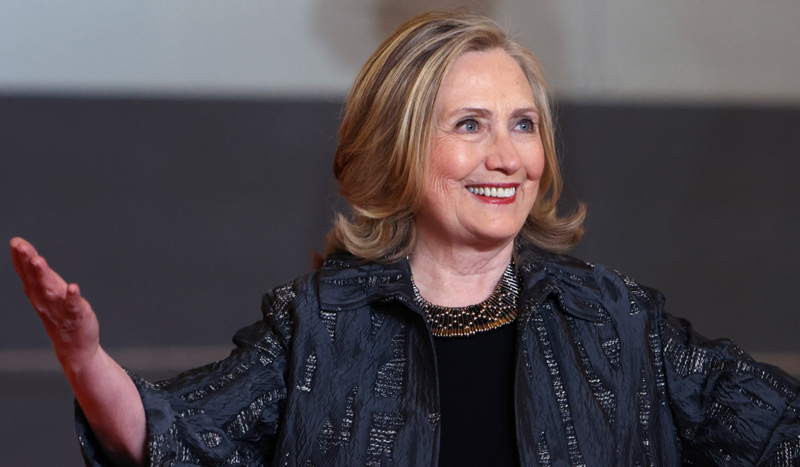
Prime Minister's Office Finland / Nikolai Jakobsen
CV NEWS FEED // During an MSNBC interview that aired on Monday, failed 2016 Democratic presidential nominee Hillary Clinton implied that there should be at least some criminal penalties for American citizens who engage in what she called “propaganda.”
The Democrat’s remarks strike a similar tone to comments made two years ago by Minnesota Gov. Tim Walz, now her party’s vice presidential nominee – also on MSNBC.
Clinton told hostess Rachel Maddow: “I also think there are Americans who are engaged in this kind of propaganda.”
“And whether they should be civilly or even in some cases criminally charged,” she continued, “is something that would be a better deterrence because the Russians are unlikely, except in a very few cases, to ever stand trial in the United States.”
Clinton added:
So, I think we need to uncover all of the connections and make it very clear that you could vote however you want, but we are not going to let adversaries, whether it is Russia, China, Iran, or anybody else, basically try to influence Americans as to how we should vote in picking our leaders.
The former Secretary of State made these remarks to Maddow after discussing how former Department of Justice (DOJ) Special Counsel Robert Mueller “indicted a lot of Russians who were engaged in direct election interference and boosting Trump back in 2016.”
>> DECEMBER 2023: COURT SIDES WITH MAN WHO MADE HILLARY CLINTON MEME <<
Clinton has long promoted baseless theories that her upset loss to Trump eight years ago was due to “Russian collusion.” Mueller’s 2019 report disproved this allegation.
In an appearance on MSNBC in December 2022, Walz told hostess Maria Teresa Kumar that when it comes to “misinformation” about elections, “I think we need to push back on this.”
“There’s no guarantee to free speech on misinformation or hate speech, and especially around our democracy,” Walz said at the time.
Last month, days after Democratic presidential nominee Kamala Harris announced that she had selected Walz to be her running mate, David Inserra and Jennifer Huddleston scrutinized the Minnesota Democrat’s assertions in a piece for National Review Online.
“While such a sentiment has become disturbingly popular with some Americans and policy-makers like Governor Walz, it is incorrect,” wrote Inserra and Huddleston, both of the Cato Institute, a think tank that supports a limited federal government.
“The First Amendment does guarantee free speech when it comes to both misinformation and hate speech,” the authors continued:
Individuals and public officials may detest and condemn such speech, and platforms may choose not to carry it, but to insert the government into regulation of such expression would both set a troubling precedent and undermine our current First Amendment principles in ways that should concern Americans across the political spectrum.

